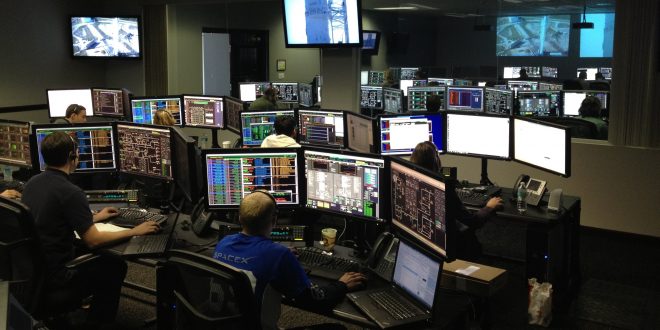The coronavirus pandemic has been a wake-up call for many nations and industries. It’s safe to say that the world won’t be the same after COVID-19. There are some major changes on the horizon, including a new, widespread technological revolution.
The COVID-19 outbreak has already impacted technology. People are using more cloud applications, like video-conferencing software and file sharing, than ever before. At the same time, hardware manufacturers are seeing unusually low earnings due to factory shutdowns and decreased spending.
There’s going to be a broad technological shift in the years after coronavirus. Not only will the tech industry look different, but nearly every sector will see a technological revolution. This revolution comes from the same place as all significant societal changes: necessity.
Today’s Technological Shortcomings
If COVID-19 has done one thing, it’s shown where the world needs to improve. The world wasn’t prepared to tackle a crisis of this size, and the vulnerability of some communities has come to light. While technology isn’t the only factor at play here, it is a significant part of the issue.
Without modern technology, the outbreak would have been a lot worse. Tech like telecommunication tools and advanced healthcare equipment have helped people across the world survive. As much as these technologies have helped, though, they’ve also highlighted areas of improvement.
The help offered by technology shows how broader tech infrastructure could have helped even more. More widespread tracking tools could have allowed officials to measure the growth and spread of COVID-19 more efficiently. Broader cloud adoption would have made the transition to remote work more manageable.
As supply chains struggle with worker shortages, the advantages of increased automation become painfully apparent. The world’s unreadiness for the pandemic highlights the need for predictive analytics in healthcare. The good news is that today’s shortcomings will fuel the revolution of tomorrow.
The Next Technological Revolution
As the economy begins to recover, industries will start to shift their technological focus. In the past, many businesses have been hesitant to move to the cloud. That probably won’t be the case for long, as cloud computing’s versatility has helped many companies survive.
In the face of a global crisis, farms need to find ways to provide food while using minimal resources. Agricultural machinery makes farming more efficient, and with increased automation and precision, it could do so to a greater extent. Tools like IoT sensors and robots will allow farms to make the most of their resources.
The next technological revolution won’t be just a broader acceptance of next-gen technology. It will be a shift in how companies develop and implement it. COVID-19 has highlighted how vulnerable some groups are, and tech goals will likely shift to serve them.
Many recent technological advances have focused on improving things for people who already have access to technology. The technological revolution of tomorrow will focus on providing for people who can’t already use existing services. This could include things like optimized public transportation or communication tools that don’t rely on smartphones.
Technology Will Help Prevent Future Crises
It’s hard to say for sure, but tech likely could have helped prevent the pandemic. An AI system detected coronavirus before any health agencies issued reports over it. If more people trusted or paid attention to these tools, they could’ve taken steps to prevent the predicted outbreak.
With a broader network and broader reliance on things like AI, the world will be better prepared for future crises. An emphasis on using tech to provide for those in need will help protect the most vulnerable groups. After COVID-19, every industry will undergo a technological revolution that will prevent this from happening again.



